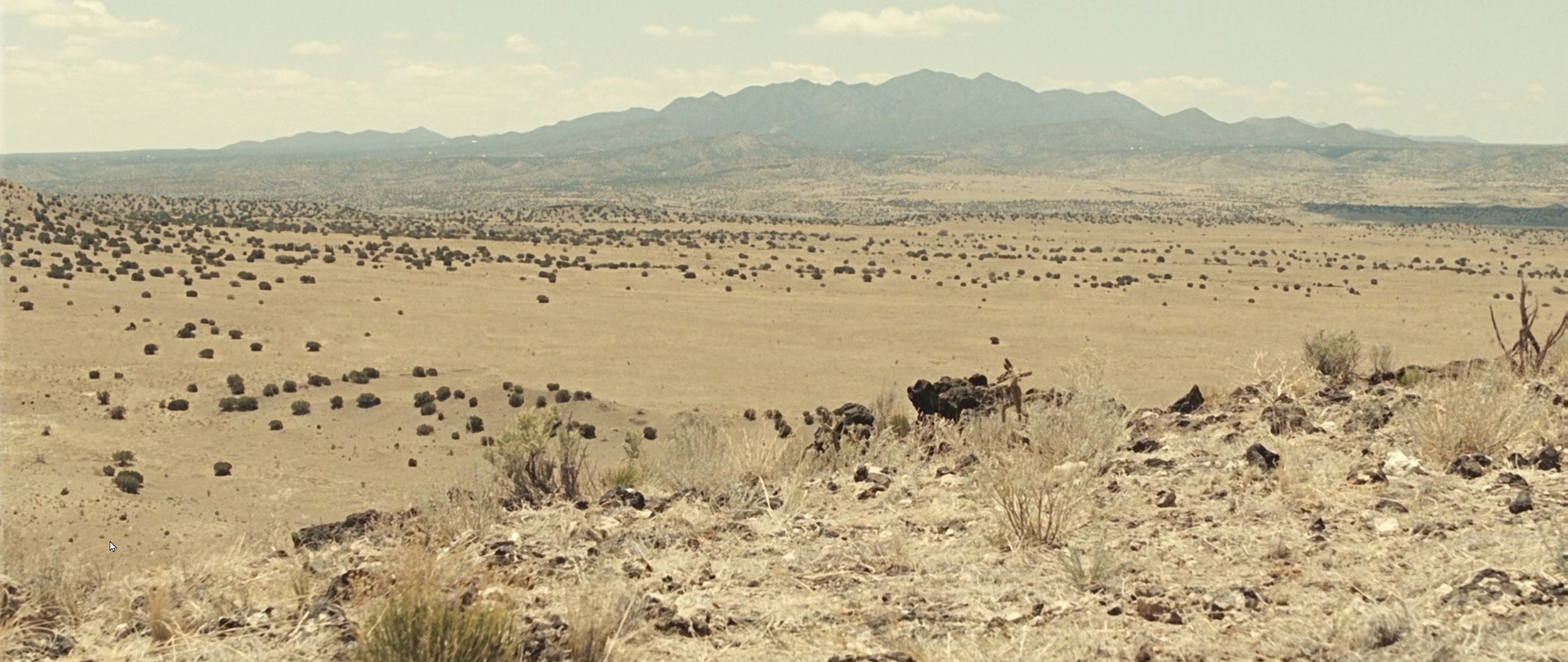Hi everyone — I’m Joan Rohlfing, president and COO of the Nuclear Threat Initiative. We’re a nonprofit, nonpartisan global security organization focused on reducing nuclear and biological threats imperiling humanity. In an era when the likelihood of use of weapons of mass destruction by individuals, terrorist organizations, and states is growing, we work to drive systemic change by galvanizing large-scale institutional adoption of innovative global security practices and programs. We’ve been doing it successfully for 20 years now.
What threats are most urgent? What can we do to stop them? I'm ready to answer those questions and more on Thursday, December 9, from 11 a.m. to 2 p.m. EST. (You can ask me something during that window or anytime before.)
This AMA is a follow-on to a talk I gave about nuclear threats in October, at the Effective Altruism Global 2021 conference in London. I discussed my strong belief that it is possible to make a difference in this arena, and I described what I believe we can do — and must do — together to build a safer world. I look forward to continuing that conversation this week!
A little more about me: Before joining NTI, I held senior positions in the U.S. Department of Energy and worked as an advisor to the U.S. Ambassador to India in the wake of nuclear tests in India and Pakistan. Earlier in my career, I oversaw nuclear weapons policy and acquisition programs at the Department of Defense and the Armed Services Committee of the U.S. House of Representatives. My thinking on nuclear security has been shaped by 35 years working in this field, and I’ve worked on this from all angles — from a military, a diplomatic, a political, a technical, and an academic perspective.
I look forward to your questions — ask me anything!


Yes and yes! NTI has worked with Andrew in recent years, and his book does a good job of explaining just how dangerous cyber threats to nuclear weapons systems can be – whether in the U.S., UK, Russia, China, or the other states with nuclear weapons. There’s no question that nuclear weapons and related systems are increasingly vulnerable to sophisticated cyberattacks, and nuclear-armed countries have a responsibility to cooperate and accelerate efforts to prevents an attack that could have catastrophic consequences. But they need help. Developing innovative, actionable ways to reduce cyber nuclear risks—including to nuclear planning systems, early-warning systems, communications systems, and nuclear weapon delivery systems—is a priority for our team, and we’ve gathered some of the foremost experts in the world to study the issue.
To learn more, I recommend Nuclear Weapons in the New Cyber Age, a report from our Cyber-Nuclear Weapons Study Group that explores four plausible scenarios for a cyberattack and offers recommendations for how to reduce risks as part of the U.S. government’s modernization of nuclear weapons now underway. You can also read about our work to bring together U.S. and Russian experts to find technical and policy solutions.